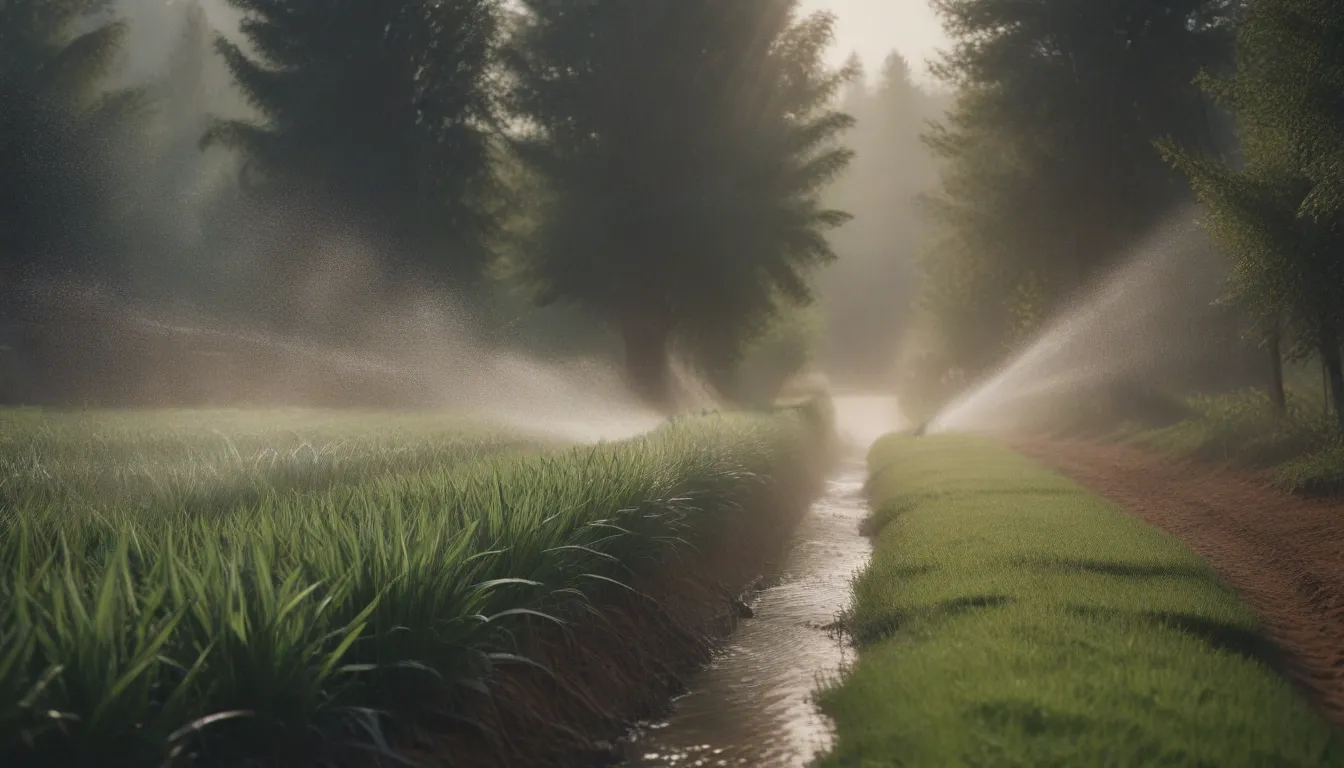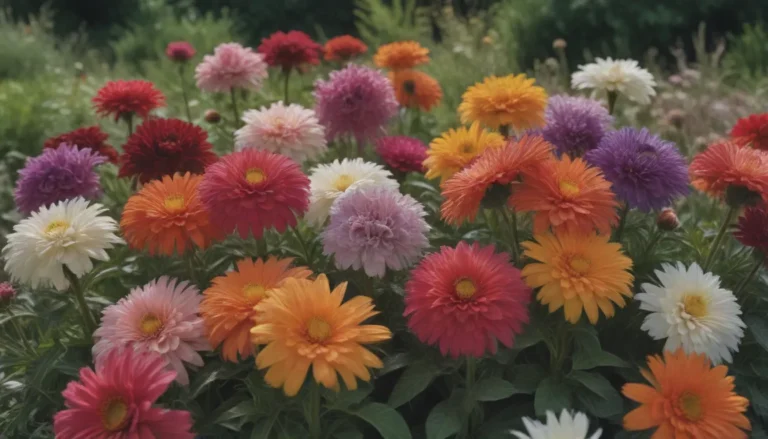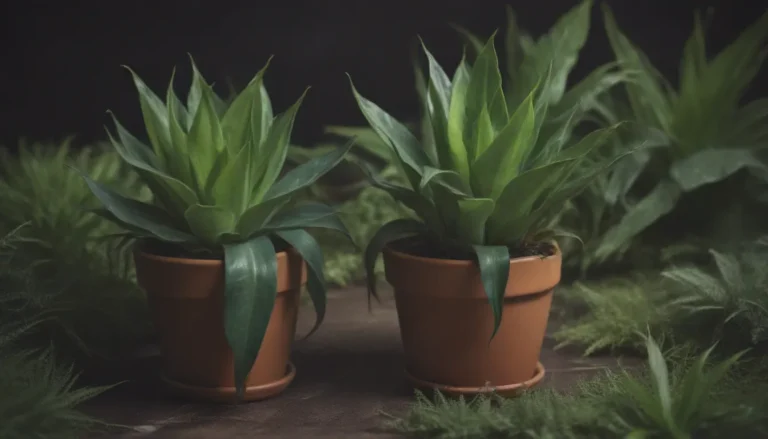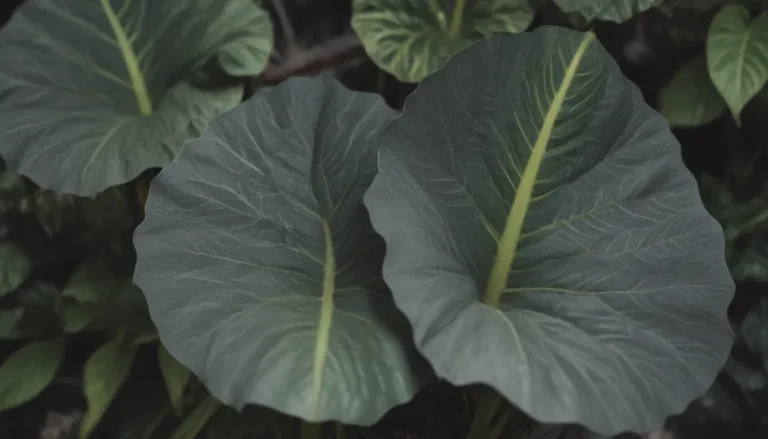The Ultimate Guide to Automatic Irrigation Systems

If you’re considering upgrading your lawn care routine with an automatic irrigation system, you’re on the right track to a lush, healthy garden. Automatic irrigation systems, often referred to as sprinklers, offer numerous benefits beyond just convenience. In this in-depth guide, we will explore all you need to know about automatic irrigation systems, from the advantages and disadvantages to the different types of equipment available. Whether you’re a seasoned gardener or a beginner looking to level up your landscaping game, this article has all the information you need to make informed decisions about your lawn care routine.
Pros and Cons of Automatic Irrigation Systems
One of the main reasons people opt for automatic irrigation systems is the convenience they provide. Say goodbye to lugging around heavy garden hoses or dealing with tangled cords. With an automatic system in place, you can sit back and relax while your garden gets the perfect amount of water it needs. However, there are a few drawbacks to consider, such as the initial cost of installation. While automatic systems may require a higher upfront investment, they can help you save money in the long run by conserving water and preventing the need for costly plant replacements.
Equipment Essentials for Automatic Irrigation Systems
To set up an automatic irrigation system, you will need four key components:
– Timer or Controller: The brain of your system that regulates the watering schedule.
– Irrigation Valves: Controls the flow of water to different parts of your garden.
– Underground Piping: Distributes water efficiently through your garden.
– Sprinkler Heads: Disperse water onto your lawn in a targeted manner.
When it comes to choosing sprinkler heads, there are a few factors to consider. The type of head you select will depend on the topography of your garden and the size of the area you need to water.
Types of Sprinkler Heads
- Spray or “Fixed Spray” Heads: Ideal for even surfaces, these heads release a large volume of water quickly. They are not suitable for slopes as they can cause runoff.
- Rotor Heads: Perfect for larger areas and sloped surfaces, rotor heads offer a more uniform distribution of water. They have a lower application rate, making them ideal for watering over an extended period.
The Importance of Choosing the Right Sprinkler Type
Whether you opt for spray heads or rotor heads, consistency is key in ensuring efficient water distribution throughout your garden. Mixing different types of sprinkler heads within the same area can lead to overwatering in some parts while under-irrigating others. By selecting the appropriate sprinkler type for each zone in your garden, you can save water and promote healthy plant growth.
Drip Irrigation Systems for Precision Watering
If you’re looking to water specific plant beds such as vegetable gardens or flower borders, drip irrigation systems are the way to go. These systems deliver water directly to the root zones of your plants, minimizing water wastage and promoting optimal plant health. Unlike traditional sprinklers that spray water into the air, drip irrigation systems target the soil directly, ensuring efficient water usage.
Benefits of Drip Irrigation Systems
- Water Conservation: By delivering water directly to the roots, drip irrigation systems reduce waste and promote conservation.
- Precise Plant Targeting: Targeting specific plant areas ensures plants receive the water they need without excess runoff.
Maximizing Efficiency with Irrigation Zones
Creating irrigation zones in your garden allows you to customize watering schedules based on the watering needs of different plant groups. By segmenting your garden into zones and programming your system accordingly, you can prevent overwatering and promote water conservation. This approach also aligns with the principles of xeriscaping, where plants with similar water requirements are grouped together to optimize water usage.
Rain Sensors for Effective Water Management
To further enhance water conservation, consider installing rain sensors in your automatic irrigation system. These sensors detect rainfall and override your system to prevent unnecessary watering, saving you money and promoting efficient water usage. By adjusting your irrigation schedule based on seasonal water needs and integrating rain sensors, you can ensure your garden receives the right amount of water at the right time.
Customizing Irrigation Based on Soil Type
Understanding your soil type is crucial in determining the optimal irrigation schedule for your garden. Different soil types retain water differently, influencing how often and how much water your plants need. By conducting a soil analysis and adjusting your irrigation system accordingly, you can ensure your plants receive the right amount of water to thrive.
DIY vs. Professional Installation
While installing a drip irrigation system can be a DIY project for many homeowners, it’s recommended to hire professionals for more complex sprinkler installations. Professional installation ensures proper placement and calibration of your system, maximizing its efficiency and effectiveness. The cost of professional installation may vary based on the size and complexity of your garden, but it can be a worthwhile investment in the long term.
Conclusion
Automatic irrigation systems offer numerous benefits for gardeners looking to streamline their watering routine and promote healthy plant growth. By choosing the right equipment, understanding your garden’s specific needs, and incorporating water-saving practices, you can create a sustainable irrigation system that enhances the beauty of your landscape. Whether you opt for spray heads for even surfaces or drip irrigation for targeted plant beds, investing in an automatic system can transform your gardening experience for the better. Take the time to explore your options, customize your system to suit your garden’s needs, and enjoy the benefits of a well-maintained, thriving garden all year round.





